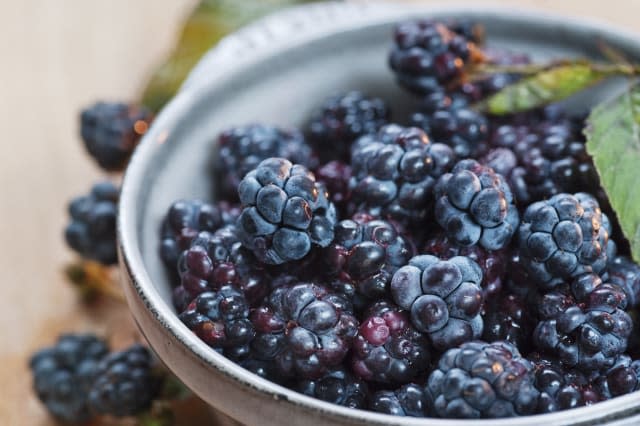Ten foods that help regulate blood sugar
The foods you eat have a direct effect on your blood sugar - and managing blood glucose levels is the key to weight loss, as well as preventing and managing type 2 diabetes. Here are 10 foods that can help to stabilise your blood sugar levels.

See also: Five foods that cause your belly to bloat
See also: Lose weight by making your hormones work for you
1. Apples
If you want to keep diabetes at bay, have an apple a day. Apples contain flavonoid phytonutrients that break down simple sugars and help to regulate blood sugar. They also contain quercetin, which can reduce levels of sorbitol - a sugar that accumulates in nerve cells, kidney cells, and cells within the eyes of people with type 2 diabetes.
A recent Finnish study found that men who ate the most apples (and other foods high in quercetin) were 20 percent less likely to die from diabetes and heart disease. Other foods high in quercetin include onions, tomatoes, leafy green vegetables, and berries.
2. Oats
Oats contain beta-glucan, a type of soluble fibre that forms a binding gel in the digestive tract, which means they release their energy slowly - helping to keep you feeling fuller for longer and your blood sugar levels stable. Not only that, oats contain magnesium which support insulin regulation in the body.
3. Cinnamon
Try sprinkling a little cinnamon on your morning bowl of porridge. Researchers from the Human Nutrition Research Center in Maryland, US, say that consuming just half a teaspoon of cinnamon a day can make cells better at converting blood sugar to energy, thereby stabilising blood sugar levels.
4. Chickpeas
Experts say that a diet high in legumes can help to control blood sugar - and chickpeas are a good choice as they have the lowest GI of all beans. Packed with protein and fibre, they keep you feeling full without a lot of calories, making them a dieter's friend. Add them to wraps, soups, curries, and casseroles.
5. Nuts
Nuts are high in calories and fat, so you'll need to limit how many you eat if you're watching your weight. Having said that, nuts are worth adding to your diet. They're packed with the good kind of fat that can actually lower insulin resistance, which means your cells will be more sensitive to the insulin your body produces and so help to lower blood sugar levels.
6. Brown rice, bread and pasta
Swapping refined carbs, such as white bread, pasta and rice, for brown, wholemeal varieties will help to prevent blood sugar spikes. High fibre wholegrains also keep you fuller for longer, so are a good choice if you're trying to lose weight.
7. Sweet potato
Sweet Potatoes are lower on the GI scale than regular spuds due to their higher fibre content. They also contain carotenoids, which are powerful antioxidants and are thought to have a positive influence on insulin, and chlorogenic acid, which combats insulin resistance.
8. Avocado
Avocados contain virtually no carbs (with a zero GI score) and are packed with fibre and healthy monounsaturated fats that help to balance blood sugar and insulin levels. Enjoy them in dips, sauces, and spreads, or try added them to salads or on wholemeal toast.
9. Kale
Research shows that regularly eating leafy greens, such as kale, can help to reduce the risk of type 2 diabetes by 14%. Kale is low in calories and carbohydrates and contains more protein (which helps fill you up) than other vegetables. The leafy green also contains a special cholesterol-lowering fibre. When cooked, the fibre binds to bile acids in your body which helps to prevent fat being absorbed. That's not all. Kale contains beta-carotene and more than 45 different flavonoids, including kaempferol and quercetin, which help to lower your risk of cancer and heart disease, as well as type 2 diabetes.
10. Blackberries
If you have a sweet tooth, try some Greek-style natural yoghurt with a handful of blackberries. The fruit is low in calories and high in fibre, giving them a low GI score. They're also a good source of anthocyanin antioxidants, which research shows can help to lower high blood sugar and improve blood lipid levels in those with diabetes.



